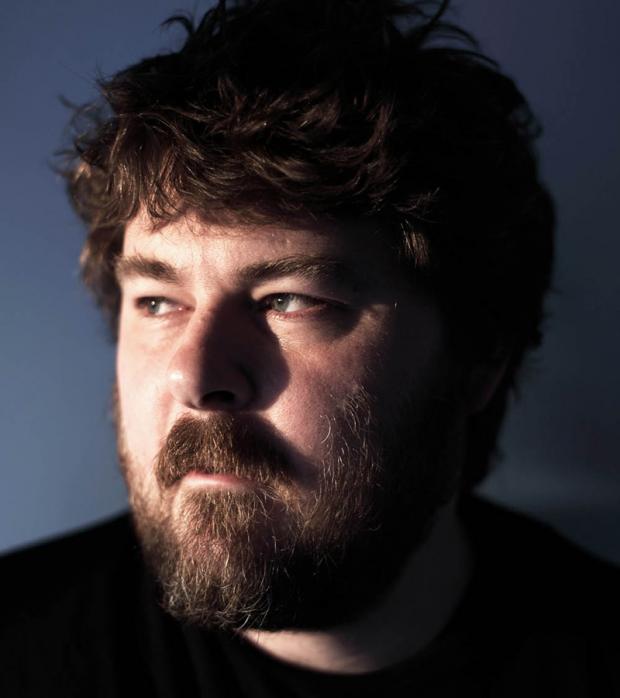Interview: Ben Wheatley on High-Rise
It’s likely that none of the novels of J. G. Ballard, whose work has inspired films as diverse as Steven Spielberg’s Empire of the Sun and David Cronenberg’s Crash, has as devoted a fan base as High-Rise. This story about an enormous modern apartment complex whose ultra-efficient design sends its inhabitants into violent class conflict has been of interest to filmmakers since its publication in 1975: Nicolas Roeg wanted to adapt it in the late 1970s, and the rights have been under option ever since.
It has finally come to the screen under the direction of Ben Wheatley, the edgy young British director whose A Field in England you may have seen at Squeaky Wheel earlier this year. I had a chance to speak with him when he was premiering the film at the Vancouver Film Festival this spring. Befitting a movie about the breakdown of technology, our conversation was beset by its own technological snags and snafus (compounded by the announcement of the film’s Buffalo opening arriving two hours before this publication’s deadline). For what it’s worth, here’s how it went:
Producer Jeremy Thomas has been trying to get this book adapted for so many years. Were there a lot of pre-set expectations about how the adaptation that you had to deal with?
There was a little bit, but the way it was put together was unique. [Screenwriter] Amy Jump wanted to go back to the book—she didn’t want to read anything that had been written already, which was a stack of screenplays as high as a man. We didn’t want to be gluing together bits from everyone else’s script. Being a little bit weird, Amy doesn’t like being paid up front, so she said I’ll write the script and if you like it you can pay me. Fortunately Jeremy Thomas liked it and we went from there.
Because it was predictive fiction, set 20 minutes into the future, the first scripts were projecting into the 80s. And new scripts would do the same thing, so by the time it got into the ’90s it didn’t resemble the book any. So all that stuff needed to go.
It must have taken some restraint not to get caught up in making fun 1970s references.
What I told our production designer Mark Tildesley was that we needed the ’70s that Ballard was predicting into, not what actually happened. There is no date stamp on it, nothing that links it to a particular year. We wanted a kind of alternative seventies.
Amy Jump is your wife…
Well, I prefer to say that I’m married to her.
Point taken. Assuming that she was writing this as a project for you both to work on, did you have any input as she was working on it?
She’s very independent as she writes and not interested in what I have to say at all—it’s the way we work. Well, not always: For Kill List I wrote a first draft, she did the final. A Field in England started as a script I wrote about the Civil Wars, but she rewrote it so totally that by the end there wasn’t as much as a comma of mine in it.
We’re coming to the edges of what the perception of a director is, away from the auteur theory that makes the director a rock and roll character in charge of everything. When you have a writer who’s also an editor, as Amy has been for all of our films, that person has almost as much control as the director. And she owns our production company, Rook Films. So we’re trying to make the credits for our films more reflective of that, dropping all that “a film by Ben Wheatley” bullshit.

